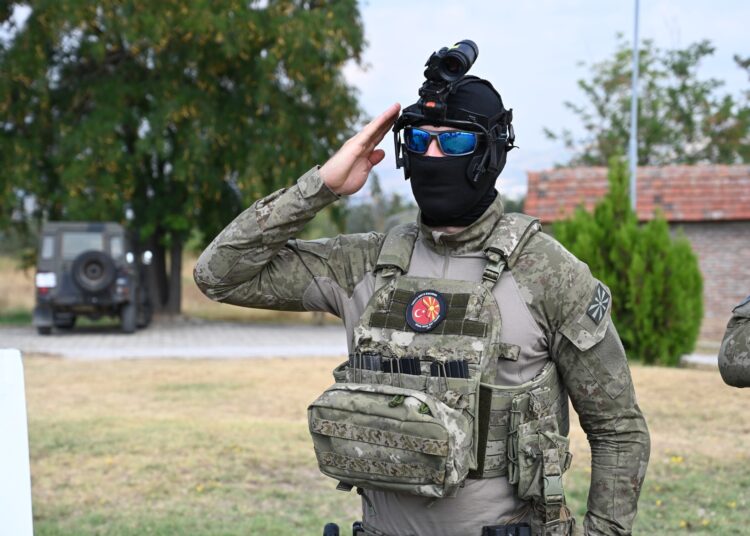Levent Kenez/Stockholm
Turkish Foreign Minister Hakan Fidan, during an official visit to the North Macedonian capital of Skopje on September 5, announced plans for increased military cooperation between the two countries. Following his meeting with North Macedonia’s minister of foreign affairs and foreign trade, Timčo Mucunski, Fidan said Turkey and North Macedonia would engage more frequently in joint military training and exercises. He also emphasized that Turkish defense contractors were ready to contribute to North Macedonia’s defense sector.
Fidan’s visit came just three days after Haluk Görgün, head of the Presidency of the Defense Industry (SSB), had high-level meetings with North Macedonian officials to further strengthen defense ties.
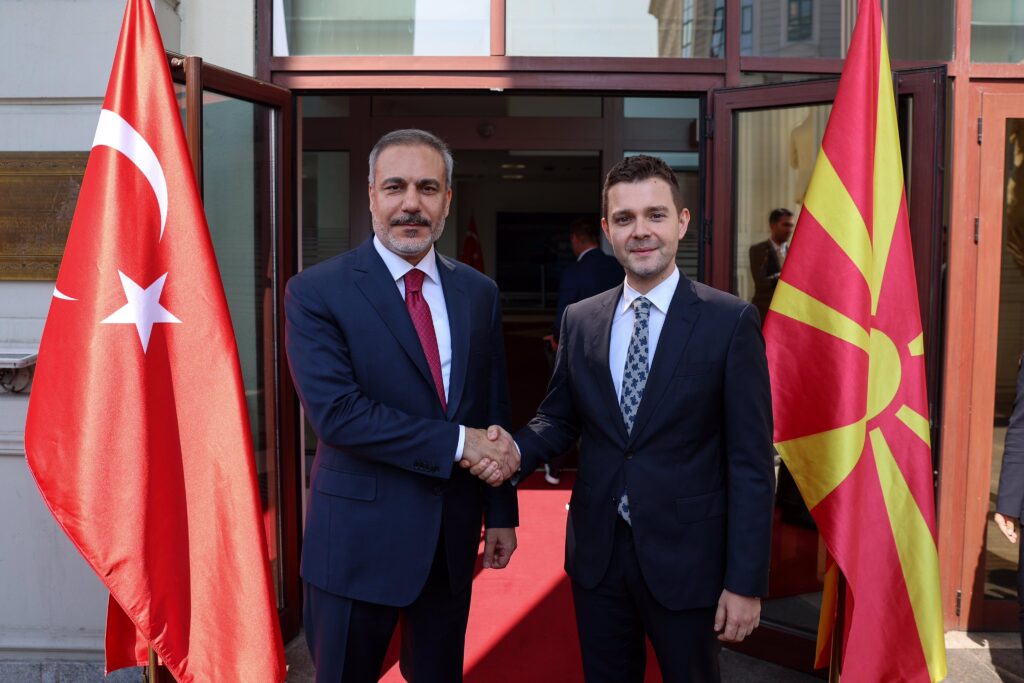
Under the framework of the Military Training and Cooperation Agreement signed between Turkey and North Macedonia in 2021, both countries have been conducting joint military training, defense industry collaboration and military exercises. As part of this agreement North Macedonian military personnel receive training in Turkey, while Turkish military advisors provide technical and tactical support to North Macedonia’s armed forces.
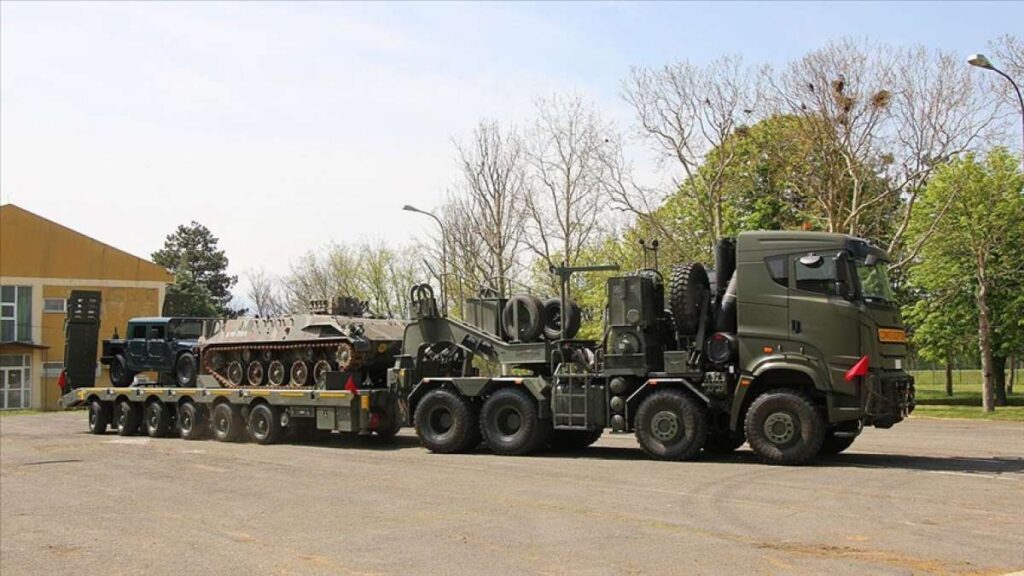
Turkey is also providing military equipment support to North Macedonia, including the donation of specific defense vehicles and supplies. A significant portion of this aid consists of light weapons, military uniforms and logistical support materials produced by Turkey’s defense industry.
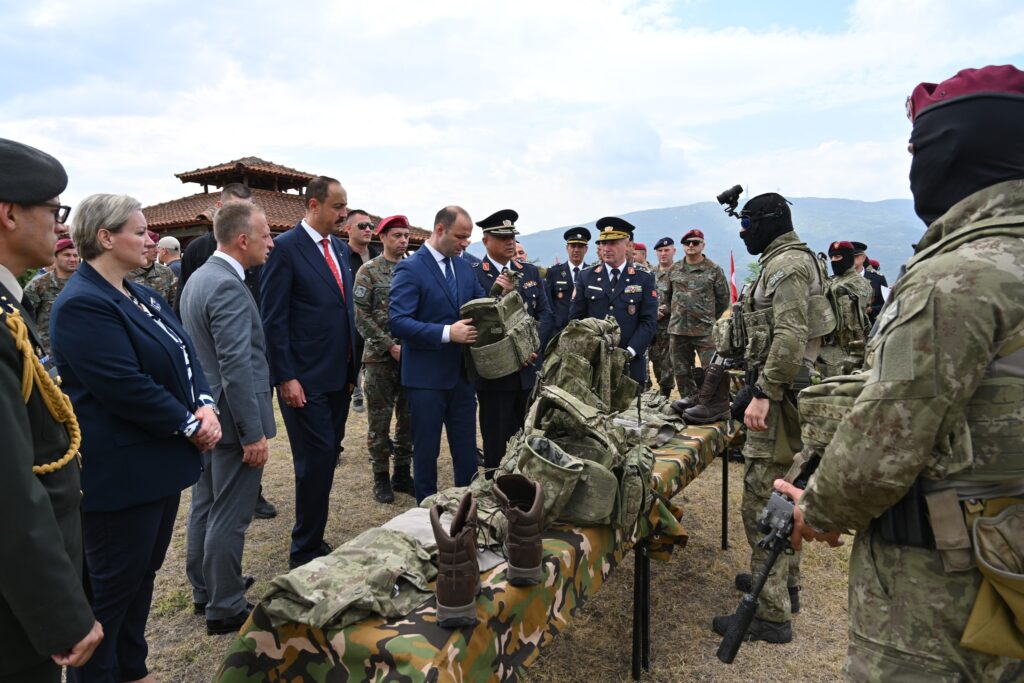
On August 30, 2024 a ceremony was held in Skopje to mark the delivery of military equipment donated by Turkey. The aid package included drones, communications equipment, night vision goggles and protective gear. Speaking at the event, North Macedonia’s defense minister, Vlado Misajlovski, highlighted that Turkey’s support has significantly contributed to the modernization of North Macedonia’s army with state-of-the-art equipment in line with NATO standards. Misajlovski also noted the extensive defense cooperation between the two countries, according to Turkey’s state-run Anadolu news agency. In 2021 Turkey donated a domestically produced tank transporter vehicle to North Macedonia.
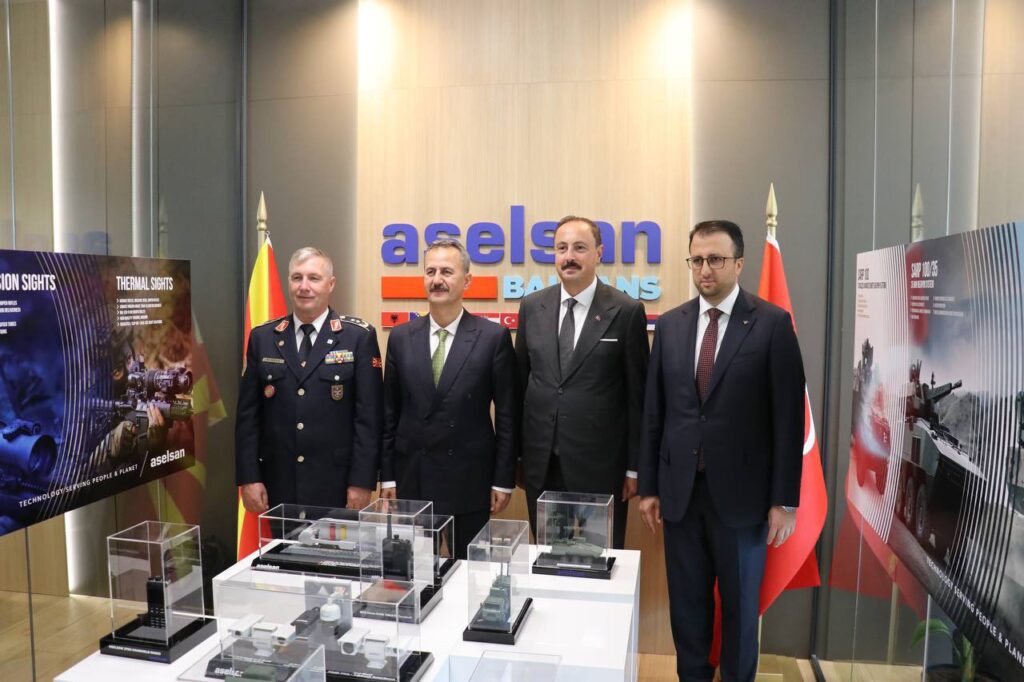
On September 2 Görgün visited North Macedonia and inaugurated the Balkan office of Aselsan, a Turkish state-owned defense contractor. During his visit Görgün also met with North Macedonian Prime Minister Hristijan Mickoski as well as the country’s defense and interior ministers.
In 2023 Turkish and Greek media reported that North Macedonia had expressed interest in purchasing military drones from Turkey. As part of this process North Macedonia reached out to Baykar, the company led by President Recep Tayyip Erdogan’s son-in-law, Selçuk Bayraktar, for discussions regarding the acquisition.
The increasing military relations between Turkey and North Macedonia began after North Macedonia joined NATO in 2020. This cooperation was initially marked by threats and blackmail on the part of Turkey, similar to those Ankara had engaged in regarding the NATO membership of Finland and Sweden.
In 2019 Erdogan’s government stalled the ratification of a protocol essential for North Macedonia’s accession to NATO in an effort to blackmail the country into extraditing critics. Documents and a copy of the protocol obtained by Nordic Monitor in 2019 revealed that the Erdogan administration had intentionally delayed the ratification process in the Turkish Parliament, which was controlled by Erdogan’s ruling Justice and Development Party (AKP).
Turkey had used North Macedonia’s strategic goal of joining NATO — a decision that required unanimous approval from all NATO members — as leverage. The Erdogan government sought to pressure North Macedonia into extraditing members of the Gülen movement, a group critical of Erdogan’s regime. Concerned that such extraditions on questionable grounds could undermine the rule of law and its EU membership ambitions, Skopje resisted Turkey’s demands. North Macedonia’s then-president, Stevo Pendarovski, said in Brussels that Turkey had requested the extradition of 15 people (10 of whom were naturalized Macedonian citizens) over alleged links to the Gülen movement. He emphasized that any such requests would only be handled according to EU regulations and Macedonian law.

